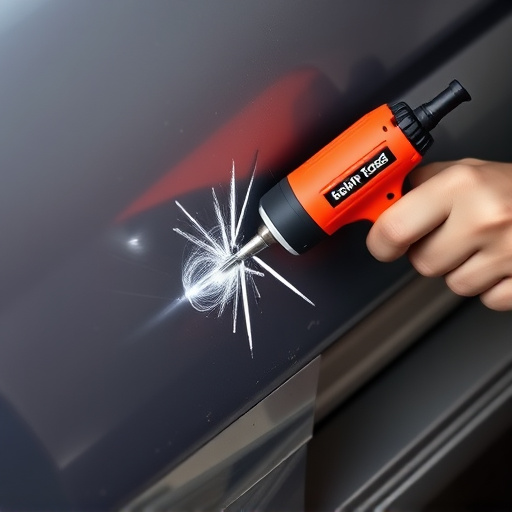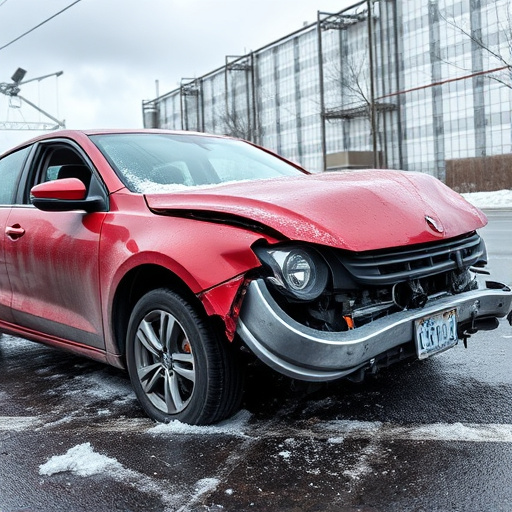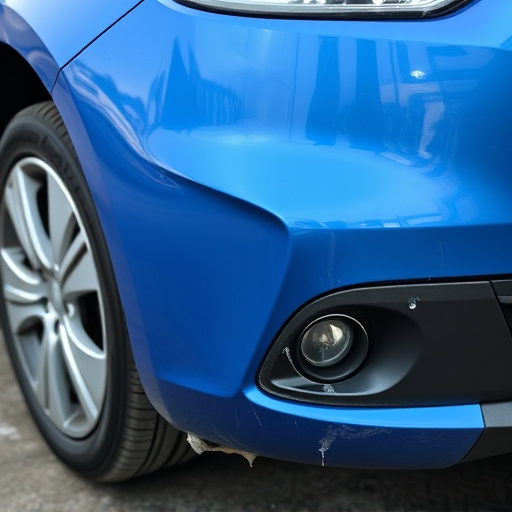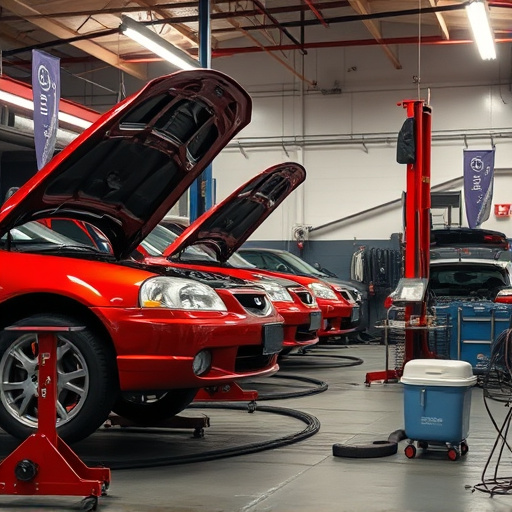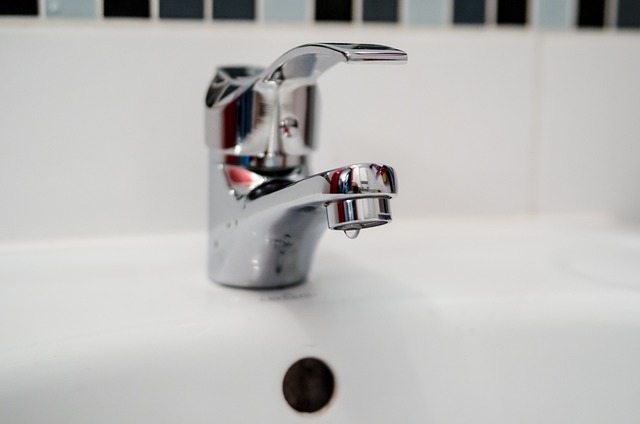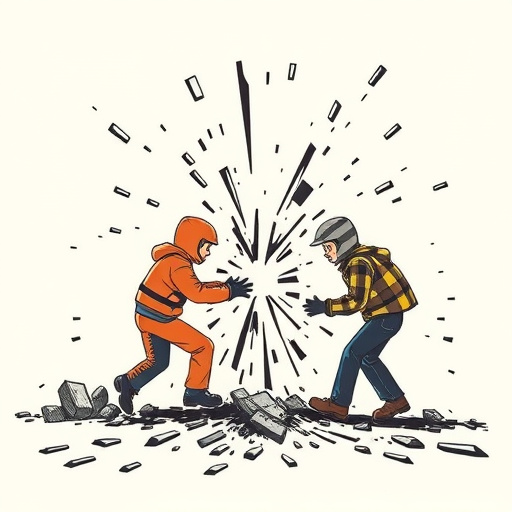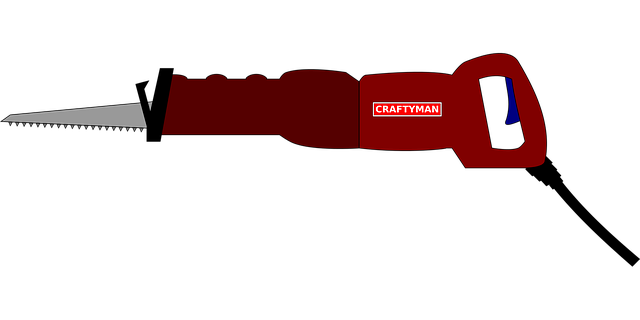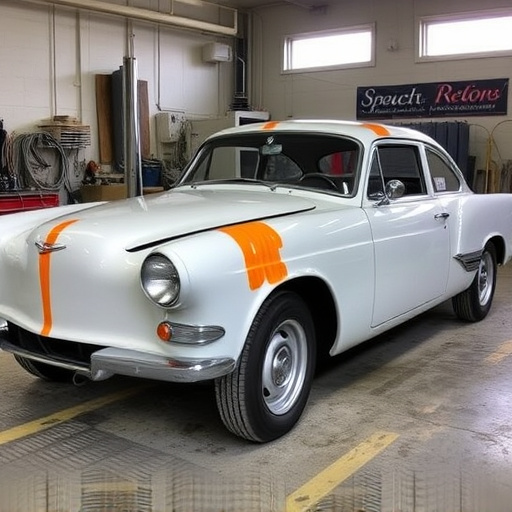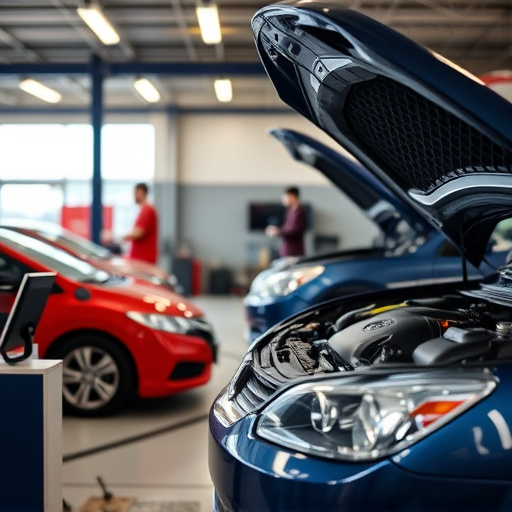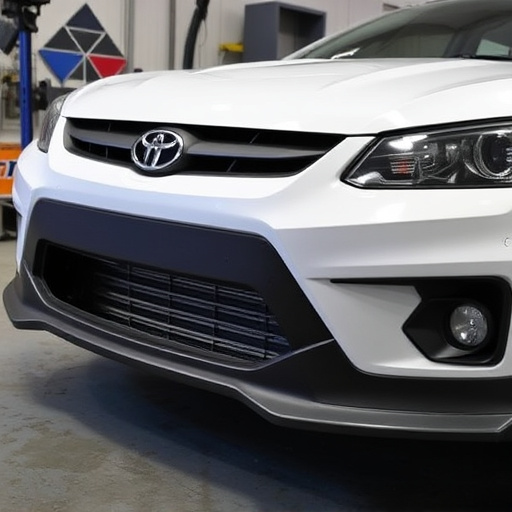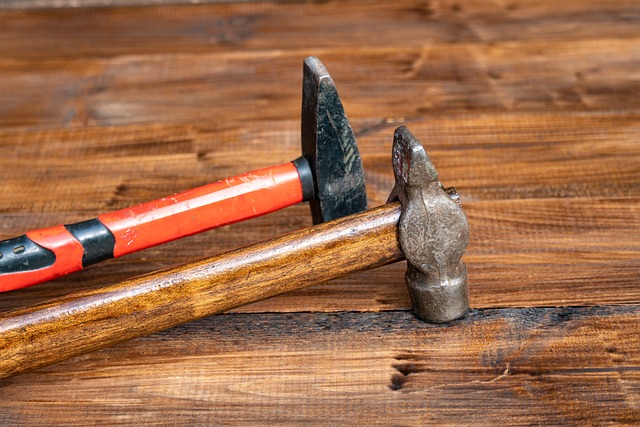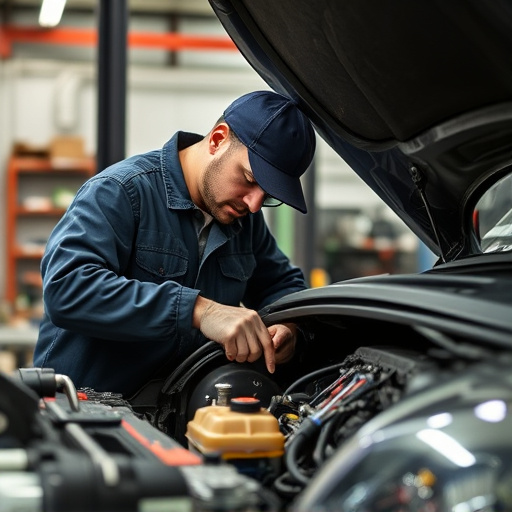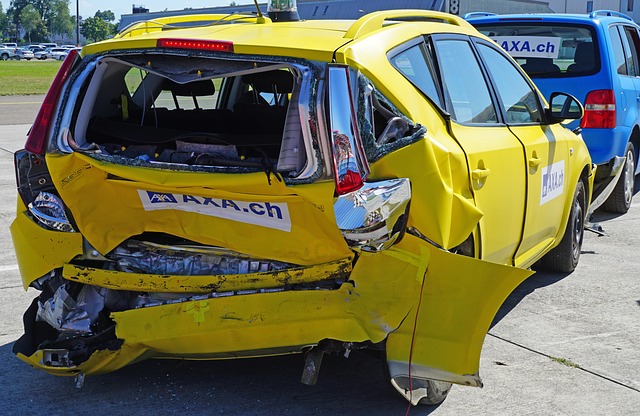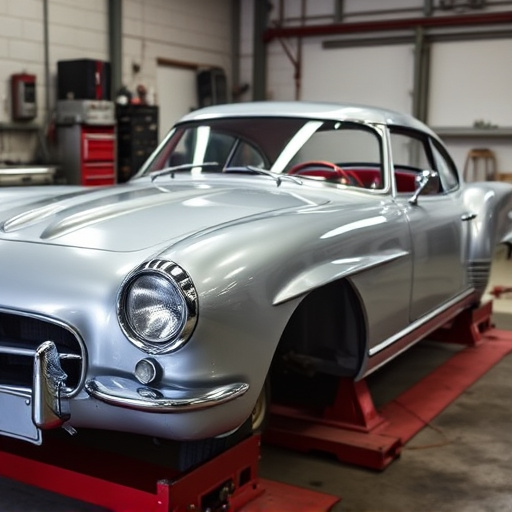Collision repair technicians' roles are evolving with advancements in automotive technology, requiring a blend of technical expertise, digital literacy, and knowledge of advanced electronics. Automation and AI streamline repairs, while human skills remain vital for complex work. Technology enables remote collaboration, allowing experts to share knowledge globally and work flexibly from home.
The future of work is transforming the landscape for collision repair technicians, demanding a shift in skills and perspectives. As automation and AI integrate into the industry, traditional roles are evolving, requiring technologists’ adaptability. This article explores the new skill sets essential for collision repair technicians in a rapidly changing auto care sector. We delve into the rise of technology, its impact on work environments, and how remote and collaborative settings could define the future of this critical profession.
- Evolving Skills Required for Collision Repair Technicians
- The Rise of Automation and AI in Collision Repair
- Future Work Environment: Collaborative and Remote Opportunities
Evolving Skills Required for Collision Repair Technicians
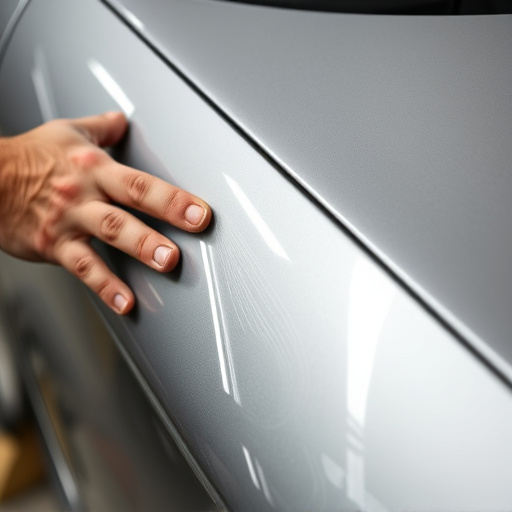
As the automotive industry continues to evolve, so too must the skills and expertise of collision repair technicians. In the past, a strong understanding of traditional repair methods and manual labor was sufficient for those working in vehicle body shops. However, with advancements in technology and the increasing complexity of modern vehicles, technician roles are demanding a new set of abilities.
The future of work for collision repair technicians will require a blend of technical proficiency and digital literacy. With the rise of autonomous driving and electric vehicles, technicians must be adept at handling advanced electronics, software systems, and diagnostic tools. Additionally, as vehicle designs become more intricate, with lightweight materials and sophisticated safety features, specialists in dent removal and structural repairs are increasingly needed to ensure precision and safety standards.
The Rise of Automation and AI in Collision Repair
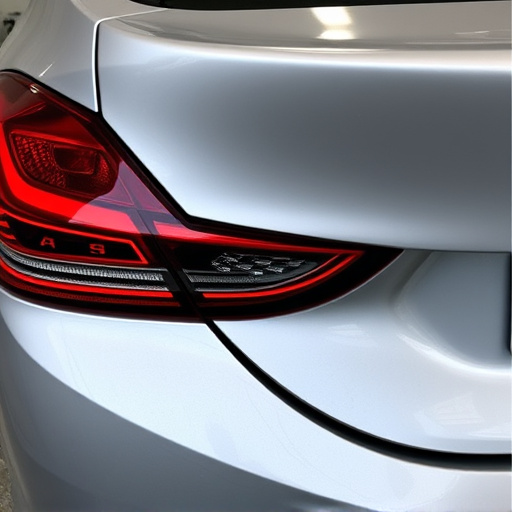
The future of work for collision repair technicians is undergoing a significant transformation as automation and artificial intelligence (AI) technologies continue to advance. These innovations are revolutionizing the traditional vehicle body repair process, making it more efficient and precise. Automated systems can now handle repetitive tasks such as welding, painting, and even basic fender repair, reducing the time and labor required for these procedures.
Collision repair technicians will still be essential in this evolving landscape, but their roles may shift towards more complex tasks that demand human expertise. While AI can handle the mundane, it struggles with intricate, creative problem-solving often required in unique or severe collision scenarios. Therefore, technicians will need to focus on advanced diagnostics, specialized repairs, and ensuring quality control, fostering a collaboration between human skill and machine precision.
Future Work Environment: Collaborative and Remote Opportunities
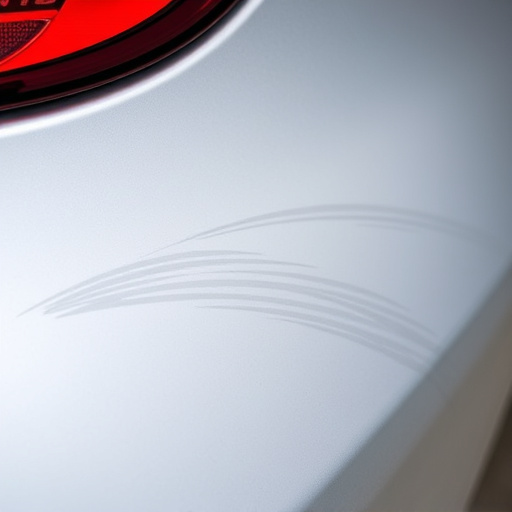
The future work environment for collision repair technicians is poised to be significantly more collaborative and remote-friendly than ever before. As technology continues to evolve, many tasks traditionally performed in a bustling collision center can now be executed remotely, leveraging digital tools and advanced communication platforms. This shift not only opens up opportunities for technicians to work from the comfort of their homes but also enables them to collaborate with colleagues located across different regions.
In this new landscape, remote work arrangements can facilitate specialized knowledge sharing among collision repair technicians, enhancing overall efficiency and skill sets. For instance, a technician skilled in hail damage repair could offer virtual consultations or training sessions to peers in areas where such expertise is in demand but scarce. This interconnectedness fosters innovation, ensuring that collision repair standards remain high regardless of geographic location.
As we look towards the future, the role of collision repair technicians is set to evolve significantly. With advanced automation and AI technologies transforming the industry, these professionals will need to adapt and continuously enhance their skills. The changing work environment offers exciting prospects, including collaborative workshops and remote working opportunities, which can foster innovation and efficiency. By embracing these developments, collision repair technicians can contribute to a more streamlined and technologically advanced automotive sector.
